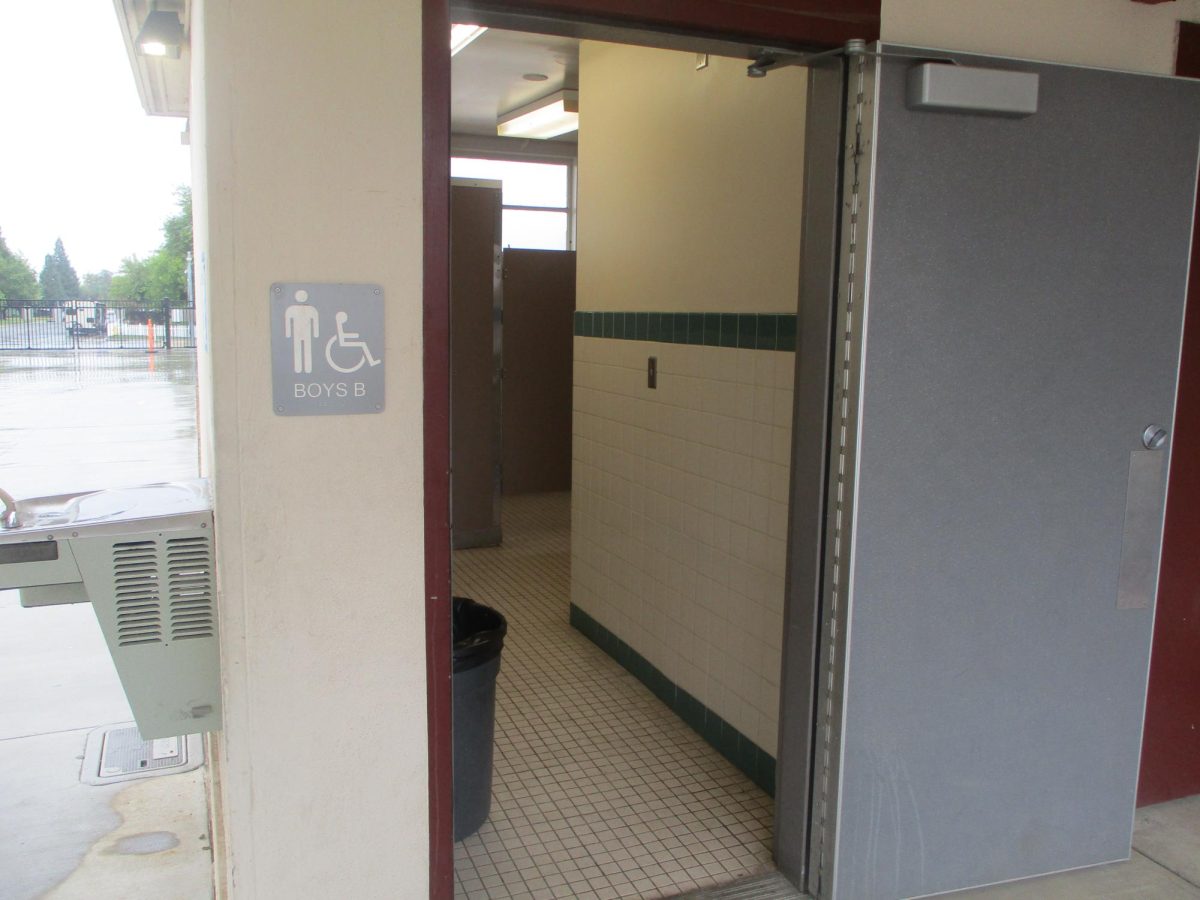Cyberbullying has been around for years and has a negative impact on mental health. Cyberbullying has increased by 39.4% since 2007. It’s important to take action if you get cyberbullying or if you witness cyberbullying. When someone continuously gets cyberbullied, they can develop mental health issues.
Social Anxiety
When someone continues to get cyberbullied, they can develop social anxiety. Cyberbullying isolates people with social anxiety. The person tries to avoid social life because they fear that they can’t escape bullying in real life too. They could also feel like people around them are secretly judging them.
Low Self-Esteem
Cyberbullying can result to low self-esteem. The person starts to have negative self talk and focuses on their flaws. Low self esteem also leads to fear of failure and perfectionism. A person with low self esteem may also compare themselves and be sensitive to criticism.
Depression
Depression is one of the most common mental health issues a person can develop. Depression lasts over long periods of time. Depression contains constantly being in a low mood, lost in interest in activities you once enjoyed, feeling hopeless, changes in sleep or appetite, lack of energy, and emptiness. Depression can also lead to suicidal thoughts. If you have suicidal thoughts, please ask for help call The Suicidal Hotline, (988). It’s also important to be aware if anyone else could have suicidal thoughts.
If a person says that they want to hurt themselves, don’t keep it to yourself even if they tell you not to tell anyone else. Tell a trusted adult and they would receive the help that they need. Unfortunately, cyberbullying may never fully stop.
Remember, it’s not your fault if you’re being picked on social media. From now on, people should be more aware and learn to take action about cyberbullying.
































